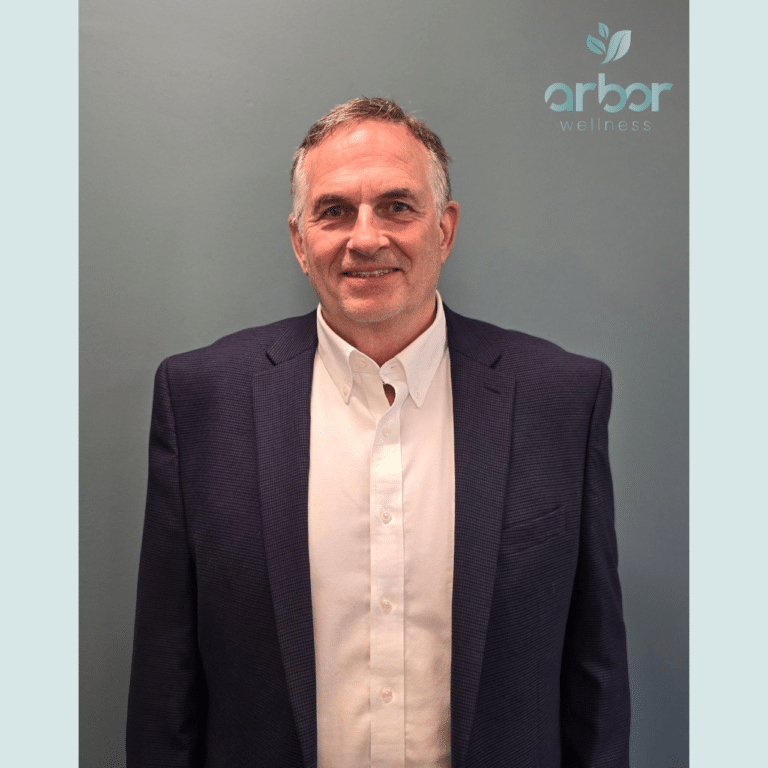All clients at Arbor Wellness are acknowledged as trauma survivors. This is why we utilize a trauma-informed approach to care for everyone regardless of diagnosis. As a staff, all employees understand this fact and respond to clients with compassion and respect.
Behaviors often described as “resistant” are viewed instead as attempts to cope. Given this framework, clients are taught more skillful, effective coping techniques in an effort to foster resilience and encouraged to use these strategies while in treatment. Fostering resilience through better coping skills can reduce the negative impact of future, inevitable traumas.
OUR TREATMENT PHILOSOPHY
For decades, science has tried to find the answer to the question “what causes mental illness?” A debate between psychologists has existed throughout about whether the cause is biological (“nature”) or environmental (“nurture”). The answer to the nature vs. nurture question appears to be a resounding “both.”
Substantial evidence indicates individuals can be born with genetic vulnerabilities to specific mental health issues. For example, the child of a biological parent with bipolar disorder is 15-30% more likely to develop the disorder in their lifetime. However, genetics do not tell the entire story.
Research indicates that environmental factors can also play a significant part, especially when combined with biological ones. Specifically, research has found evidence that certain environmental factors can actually alter brain structures and impair their functioning.
We at Arbor Wellness believe what decades of research indicates is the biggest environmental factor in developing and sustaining mental health disorders of all kinds. That factor is trauma. Unfortunately this term is widely misunderstood and can often be associated with a limited number of life experiences such as:
- Military combat
- Natural Disasters
- Mass Shootings
- Unexpected loss
These examples, while undoubtedly traumatic, are only one end of the continuum of traumatic experiences.
Trauma As A Life Experience
At Arbor Wellness we believe that trauma is more accurately understood as any life experience for which you do not have adequate coping skills.
This definition helps explain why trauma often occurs in childhood when we have very few coping skills. Traumatic experiences as a child can greatly impact brain development and contribute to the inception of mental disorders. The Adverse Childhood Experiences study (ACEs) has correlated specific childhood traumas to increased rates of mental illness and major health disorders. However, trauma doesn’t just happen in childhood, it happens over a lifetime.
Life is a series of traumatic events – it overwhelms our coping skills frequently.
This is a hard reality to embrace. It isn’t fair and it is easier to think of trauma as a consequence of certain “bad” behaviors until it happens to us or someone we love. When emotional pain from trauma comes along, many of us try to deny it, repress it, or numb it rather than turn towards it and face it.
In most cases, we desperately try to avoid suffering due to not feeling equipped with and capable of utilizing adequate coping skills.
Why Arbor Wellness?
At Arbor Wellness, our entire team is committed to trauma-informed care and treats each client with empathy and respect.
Acceptance of trauma as a fact of life is essential and clients are expected to encounter experiences that will threaten to overwhelm even their improved resilience. This is not relapse, it is life. Arbor Wellness aims to provide a full continuum of care so that clients have extra support during challenging times whenever they arise. We understand that any mental illness must be managed over a lifetime and not cured, so Arbor Wellness strives to be able to provide ongoing support when needed to prevent the need for future residential admissions.
Meet Our Mental Health Experts
Request A Confidential Callback
TEstimonials
Don’t trust our word, let others share their experience, strength, and hope.
“Arbor Wellness Center for Mental Health will be unlike any other program in Tennessee. The level of dedication they are putting into the program from the start is something all Tennessee residents will be able to utilize.”
“The team at Arbor Wellness is known for going above and beyond for their clients. From the residential center they are building in Nashville to aftercare options and expert therapists, this program is going to change mental health treatment in TN.”
“The need for a quality residential program in Tennessee for mental health has never been greater, which is why residents of Nashville are excited for Arbor Wellness to open. We need to treat mental health seriously.”
“As a mental health professional, when I learned that Arbor Wellness was coming to Nashville, it was something I’d already been hoping for. We need to put mental health first in Tennessee and beyond!”
If You are in need of immediate assistance...
Don’t hesitate to contact us immediately. In the case of a medical emergency please contact 911 or visit your local emergency department.
We Work With Most Major Insurance
Did you know most major health insurance plans with out-of-network benefits can help cover most of the costs associated with our program? Click below to find out your coverage and treatment options right now.














